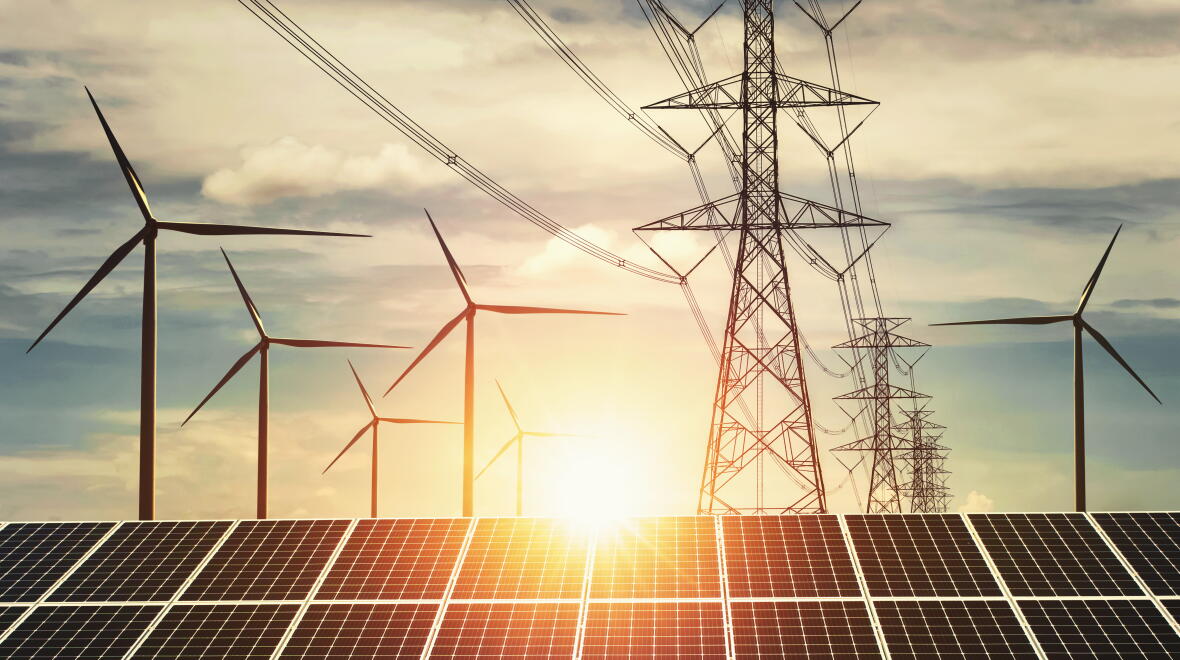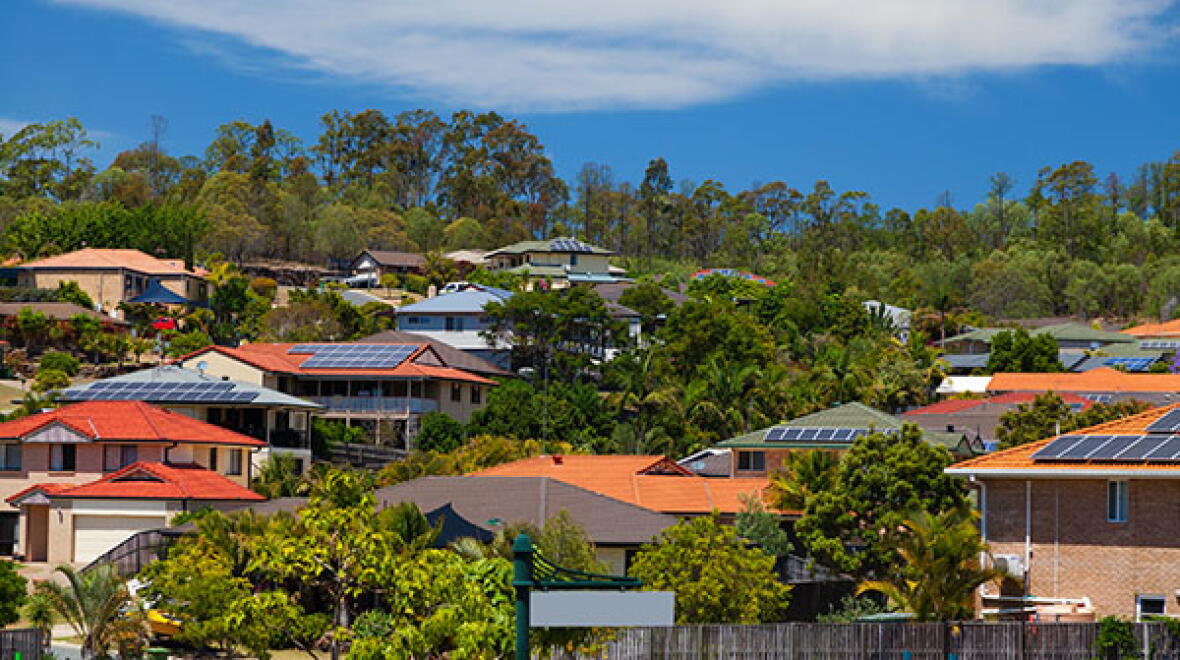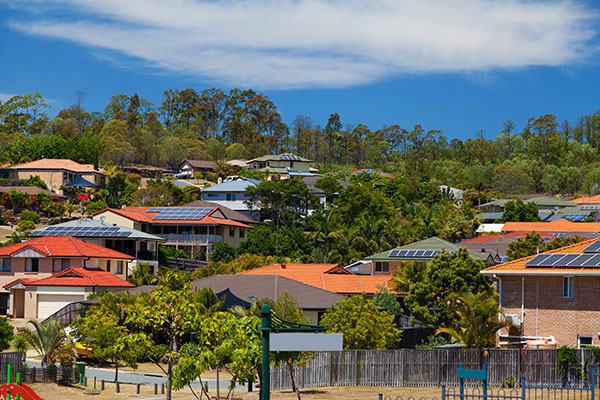Accelerating decarbonisation
The world is undergoing an energy transition of unprecedented scale and speed—one unlike anything in human history. To accelerate decarbonisation and mitigate the impacts of human-induced climate change, we must urgently adopt holistic, systems-based approaches that can navigate growing uncertainty and complexity. At the heart of our philosophy is a focus on interconnectivity and interdependence—embracing a systems perspective rather than relying solely on linear cause-and-effect thinking.
Integrating decentralised energy assets: coordination is key
Australia leads the world in rooftop solar adoption per capita, with one in three households now equipped with photovoltaic panels. While this surge in clean, distributed energy is a remarkable achievement, integrating rooftop solar and other distributed energy resources (DER) into the broader energy system presents a significant challenge. DER is transforming the way we generate and consume electricity, making coordination and management of these assets crucial. Researchers at ACES are at the forefront of tackling these challenges, driving innovation in interoperability, governance, and system integration to ensure all Australians benefit from a smarter, more sustainable energy future.
Continuing the legacy of some of Australia's most celebrated clean energy researchers
ACES was founded by Professor Lachlan Blackhall, ANU Deputy Vice-Chancellor (Research and Innovation), and builds on the expertise of world-class energy researchers and award-winning initiatives. Recent highlights include: the election of Profs Andrew Blakers AO and Kylie Catchpole to Fellowship of the Australian Academy of Science (2024); Dr Bjorn Sturmberg awarded ACT Scientist of the Year (2024) and ACT Young Tall Poppy Science Award (2022); Prof Andrew Blakers and colleagues received the prestigious Queen Elizabeth Prize for Engineering (2023) and; Evolve—a cutting-edge software platform for 21st-century electricity systems—won the Canberra Excellence Project Award from Engineers Australia (2022).
Join our community
Sign up to our mailing list to stay up to date with our latest news, research, events and more.
You can also find us on Linked In.






